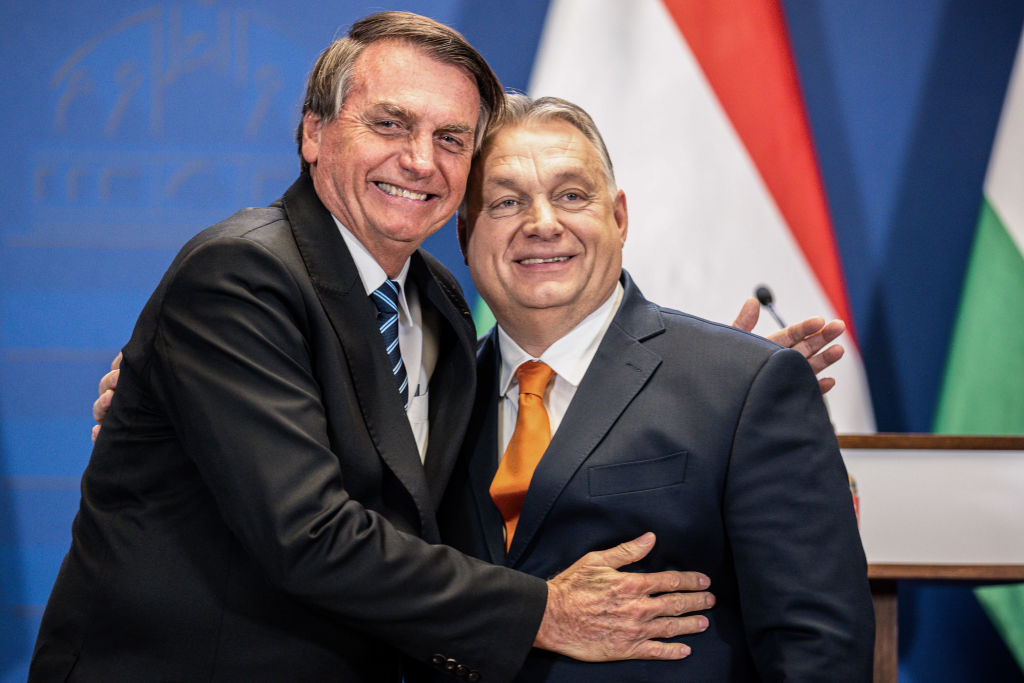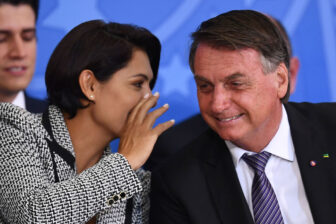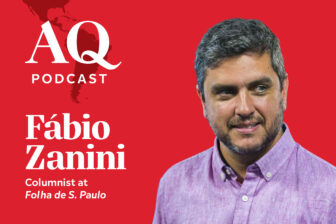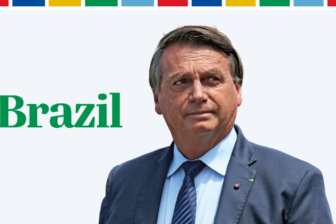SÃO PAULO — Brazil’s President Jair Bolsonaro has been catching up in the polls with his main rival, Luiz Inácio Lula da Silva, ahead of the October presidential elections. He still trails, but the election is set to be competitive. Brazil’s democracy has largely withstood his authoritarian tendencies so far, but the recent experiences of other nations show that a second Bolsonaro term would likely do far more damage than the first.
Anti-establishment figures with authoritarian tendencies tend to be much more aggressive after reelection. Even Hugo Chávez didn’t truly undermine Venezuelan democracy—by intimidating and imprisoning judges and not renewing broadcast licenses for critical TV stations, for example—until after his reelection in 2006. Similarly, Nicaragua’s dramatic deterioration didn’t begin in earnest until after Daniel Ortega’s reelection in 2011. Ortega used his second mandate to co-opt the judiciary and electoral authorities, laying the groundwork for the sham elections of 2021.
Four factors indicate that Bolsonaro, too, would use a second term to more systematically undermine democratic institutions and norms.
First, even if he wins reelection by a small margin, he would have a stronger mandate for change than during his first term. In 2018, many of his voters believed people like Sergio Moro or Finance Minister Paulo Guedes—or the weight of the presidency itself—would help moderate him. No voter can claim this in 2022; his authoritarian tendencies are clear. Furthermore, he has rolled back anti-corruption rules and norms, gutted Ibama, Brazil’s environmental watchdog agency, and put an ever-increasing number of military figures in government.
If Bolsonaro wins reelection despite these power grabs, he will have little incentive to slow down. Indeed, he would likely use a second term to intensify his most aggressive postures, following the example of Hungary’s Viktor Orbán and Russia’s Vladimir Putin, leaders for whom Bolsonaro has expressed support. Orbán used his second mandate to crack down more forcefully on civil society and the political opposition, and simultaneously helped allies buy up major TV stations and newspapers. This led to an election earlier this year that was widely criticized. Putin used the same playbook after his first reelection in 2004.
Second, on the judicial front, the Supreme Court repeatedly checked Bolsonaro’s anti-democratic impulses during his first term, but the Court may not be as effective during a second. Like Ortega, Orbán, Chávez and Putin, Bolsonaro could use his second term to chip away at the independence of the judiciary. Thus far, the president has appointed two of the Court’s 11 justices, and a second term would allow him to name at least two more. He could also attempt to expand the Court or lower the retirement age for justices. In 2019, pro-Bolsonaro Congressional Deputy Bia Kicis proposed a constitutional amendment to reduce the retirement age of Supreme Court justices from 75 to 70. If such a move were approved—an unlikely though not impossible scenario—Bolsonaro would gain even greater leverage over the judiciary.
Third, the political landscape around Bolsonaro has shifted. In his first administration, three main constituencies jockeyed for position: the armed forces, culture war ideologues and neoliberal technocrats. In his second, the neoliberals would be largely replaced by a more powerful group from the Centrão—an amalgam of center-right parties competing for pork. The Centrão parties are not authoritarian per se, but they offered only muted reactions to Bolsonaro’s most explicit attacks on democracy. They may be even more reluctant to push back in a second term in the interest of preserving their influence over public budgets.
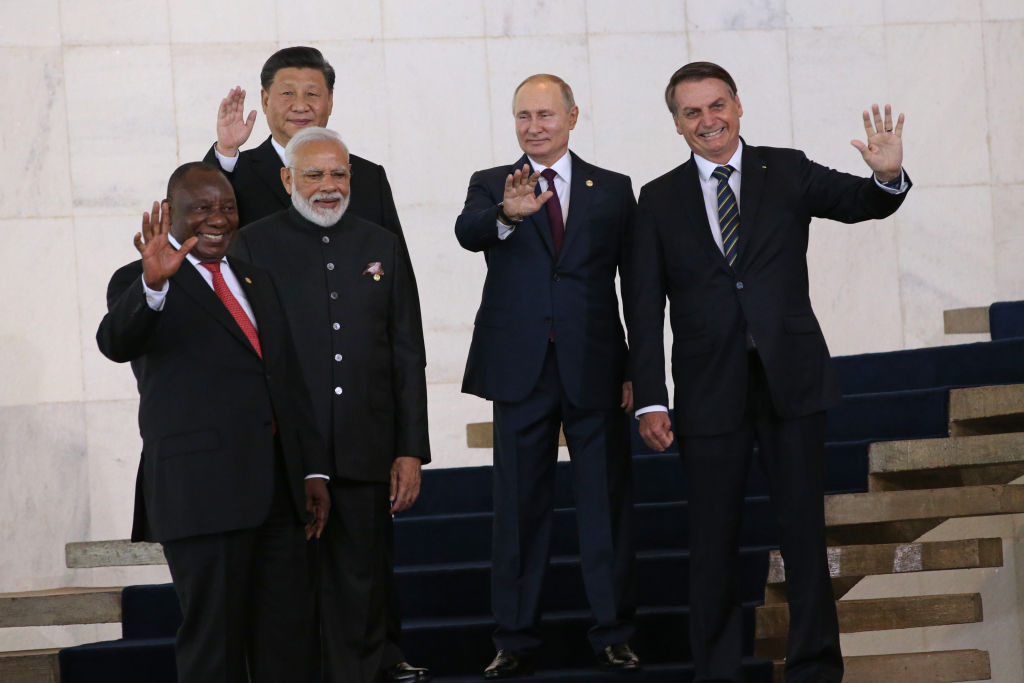
Finally, on the foreign policy front, Brazil would inevitably become more isolated. Some Western countries initially gave Bolsonaro the benefit of the doubt and until recently sought to engage on issues like climate. Meanwhile, investors were open to engaging Bolsonaro on liberalization, as his visit to the World Economic Forum in Davos in 2019 showed. No such diplomatic honeymoon would occur during Bolsonaro’s second presidential term. In the EU, antipathy towards Bolsonaro would probably prevent progress on issues like the ratification of the EU-Mercosur trade deal and Brazil’s OECD candidacy. Meanwhile, Brazil advocates in Washington would also struggle to maintain U.S.-Brazil cooperation—although a return of Donald Trump to the White House in 2025 would throw Bolsonaro a diplomatic lifeline. As in Hungary, Nicaragua and Venezuela, for example, greater isolation would likely free Bolsonaro to flout international norms more directly and lead him to deepen diplomatic engagement with blocs like BRICS that do not raise uncomfortable questions on topics like deforestation.
True, Bolsonaro would almost certainly not appoint a foreign minister as ideological as Ernesto Araújo was; Araújo became an object of global derision after promoting conspiracy theories and warning of a secret plot involving narco-socialism, abortion advocates, anti-Christianism and political correctness. Yet even a more moderate foreign minister like Carlos Alberto França wouldn’t be able to change the fact that another four years under Bolsonaro would exacerbate Brazil’s isolation from the democratic world and its norms.
Recent history shows that authoritarian-leaning leaders double down against democracy after reelection. In October, Bolsonaro’s worst tendencies will be on the ballot.


